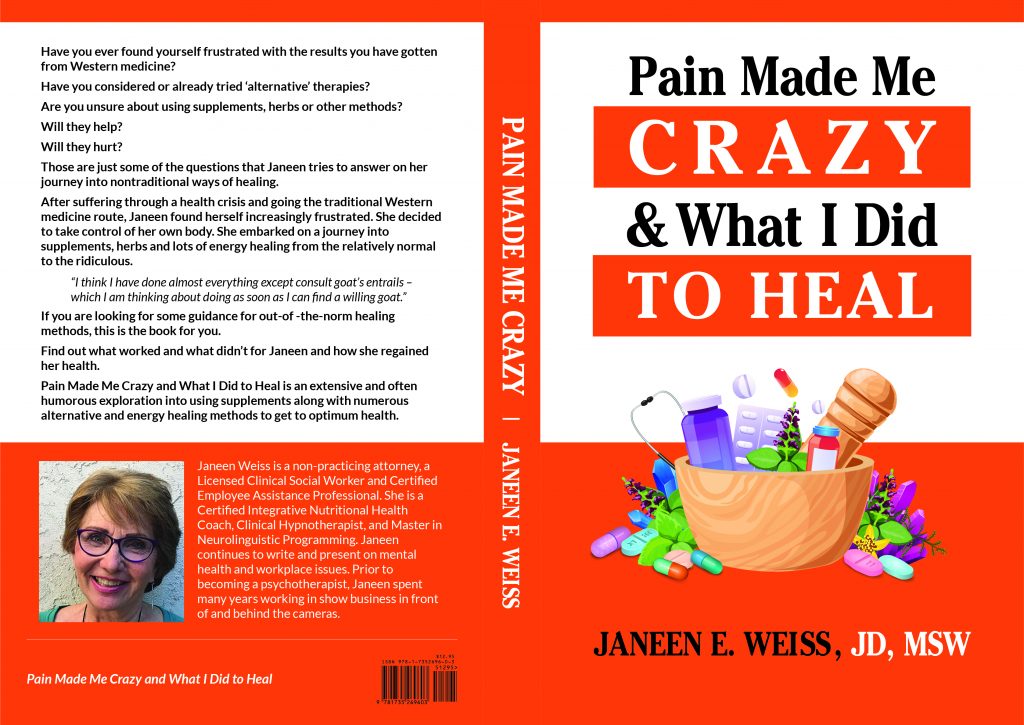Since I don’t know if anyone actually reads my posts, except some Russian scammers, I feel rather liberated to voice my opinion on certain things. And, this opinion is on myself.
I have discovered I spend way too much time on my phone. When I’m not ordering from Amazon (or returning) or surfing the net, I play games and occupy any extra (at least what I think of as extra) time doing Words with Friends, Wordle, Finding Differences, Puzzle games and Mahjong. Used to be really addicted to the Block games.
I realize I get addicted to them, as hours go by and I have done nothing but play these stupid games. So, what do I do, I remove them from my screen and swear I will only keep one – okay maybe two – to play in my down time or when I’m on the ‘throne.’ Then, they seem to creep back onto my phone screen and I’ve started this insane, worthless cycle again.
As I do not have what I would consider an addictive personality – no drinking, no drugs, no cigarettes, etc., why is it I have gotten so stuck in these games? I realize the way these games are programmed is to keep you in the loop forever. I hate all the ads and yet I wade through them. By the end of the day, I look back and see that I have spent way too much time on this unfulfilling addiction.
According to studies, gaming addiction is a real thing and if you play 18 hours or more a week, you have got a problem. I think I have a problem. More than that is shown to have a truly detrimental impact on ones wellbeing.
The dopamine levels in my brain rise from these games and I keep going back for more of that hormone release. After wasting (and it is definitely a waste) hours, I realize I have to delete them again from my screen. How do I stop this? I do not consider myself a ‘gamer’ as I do not own an Xbox nor a PlayStation. I typically play solo games to see if I can win, but I don’t care about how many wins I get as I can always just do another game. But, it is still addictive.
There are many programs available now to help people, especially teens, get off their computers and phones and stop their addiction. I am wondering if I need one of those programs. I do notice that when I go out of town, I do not play these games at all or if I do , it’s rare. I don’t watch hardly any tv while traveling – no matter how long I am gone. I feel better, calmer and enjoy things around me more. Maybe I need to continuously be on the road.
This addiction interferes deeply with family life and even messes up your eyes.
The intention of programmers is to addict you. They might disagree with that, but the programs are geared to make you play forever. This brings them more revenue as well. It’s hard to pull away from all the electronic media that invades our everyday lives.
So, in order to stop, or at least minimize my time on this nonsense, I will, once again, delete them all (save one which I play with my sister). I will tap on my acupressure points using Emotional Freedom Technique to work on this obsession and end it once and for all. And, I will walk more, get out more and read – and not on my phone. Maybe I just need to turn it off or set a time to limit my phone time.
I did it!! I just set limits on my phone for screen time and playing any games. Let’s see how that works. I have told all my clients to limit their screen time, especially social media. I don’t have social media accounts, so I don’t waste my time on that. It’s another endless rabbit hole to dig into that wouldl take all my time. At least, I have not gone into that pit – have you?
Let me know how you have or have not been able to conquer or control your phone or game addiction. Are you even aware of it? I definitely am. Time to get unbored with myself, do something else more productive in life and get off my phone – unless of course, I feel that strong urge to play, and then here I go again.


